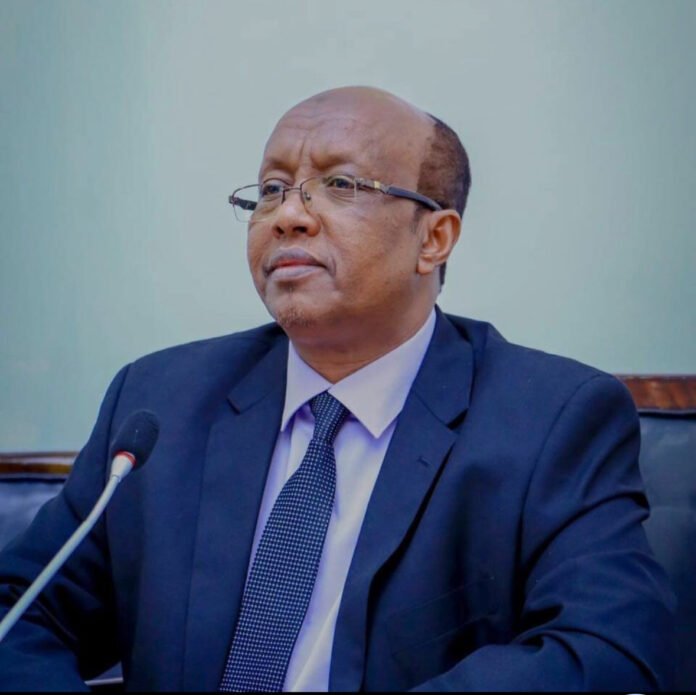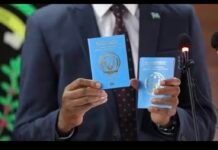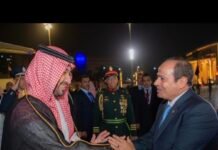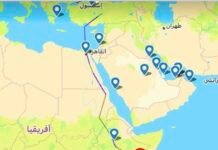By Horn Africa News
Lasanod — Former Speaker of the Somaliland Parliament and current presidential contender for the proposed North Eastern administration, Abdirisak Khalif Ahmed, has launched strong accusations against the Federal Government of Somalia, claiming it is directly interfering in the region’s political process by backing incumbent President Abdikhadir Ahmed Aw-Ali nicknamed Firdhiye.

In remarks delivered during a recent campaign event, Khalif alleged that Mogadishu is “openly aligning itself” with Firdhiye in order to secure his re-election. According to him, the government’s support is not coincidental but rather tied to Firdhiye’s membership in President Hassan Sheikh Mohamud’s political party, which Khalif argued makes him a more “manageable and loyal ally” in advancing federal interests.
“What we are seeing is a clear attempt by the federal government to influence the will of the people in this emerging administration. They believe Firdhiye will serve as a reliable figure who will carry out Mogadishu’s agenda without resistance,” Khalif said.
Khalif stressed that communities in the territories earmarked for the North Eastern administration are eager to collaborate with the central government in Mogadishu. However, he cautioned that this cooperation must be based on mutual respect and constitutional principles. He underscored his responsibility, as a candidate, to defend the rights and autonomy of the people in the region.
“We are not opposed to working with Mogadishu. But our people cannot be denied their constitutional rights or reduced to mere tools in a federal power game,” he emphasized.
At the same time, Khalif dismissed media reports suggesting that his candidacy is being covertly sponsored by either Somaliland or Puntland authorities. He described such claims as part of a “deliberate smear campaign” orchestrated to undermine his legitimacy and weaken his momentum ahead of the elections.
“These rumors are baseless. Neither Hargeisa nor Garowe is funding or directing my campaign. They are lies being spread by those who fear a strong alternative to the current leadership,” he stated.
Khalif went further, alleging that large sums of money have been funneled into propaganda efforts designed to discredit him. While he did not provide specific names, he said “unnamed groups with vested interests” were determined to block his candidacy by tarnishing his reputation.
Khalif’s accusations come at a time of heightened political maneuvering in Somalia, where efforts to establish new federal member states often draw in competing interests from Mogadishu, regional power centers, and influential political parties. The proposed North Eastern administration, if realized, would become the latest addition to Somalia’s federal system — a development that is being closely watched both domestically and internationally.
Observers note that Khalif’s stature as a former Speaker of the Somaliland Parliament gives him a unique political profile, blending both local legitimacy and federal-level experience. His candidacy is therefore seen as a potential challenge to Firdhiye, who enjoys the backing of Mogadishu but faces growing criticism over his leadership style and perceived dependency on federal patronage.
For now, the race for the leadership of the North Eastern administration remains wide open, but Khalif’s sharp words underscore the tensions between local aspirations for autonomy and the federal government’s bid to consolidate influence in newly emerging political entities.





